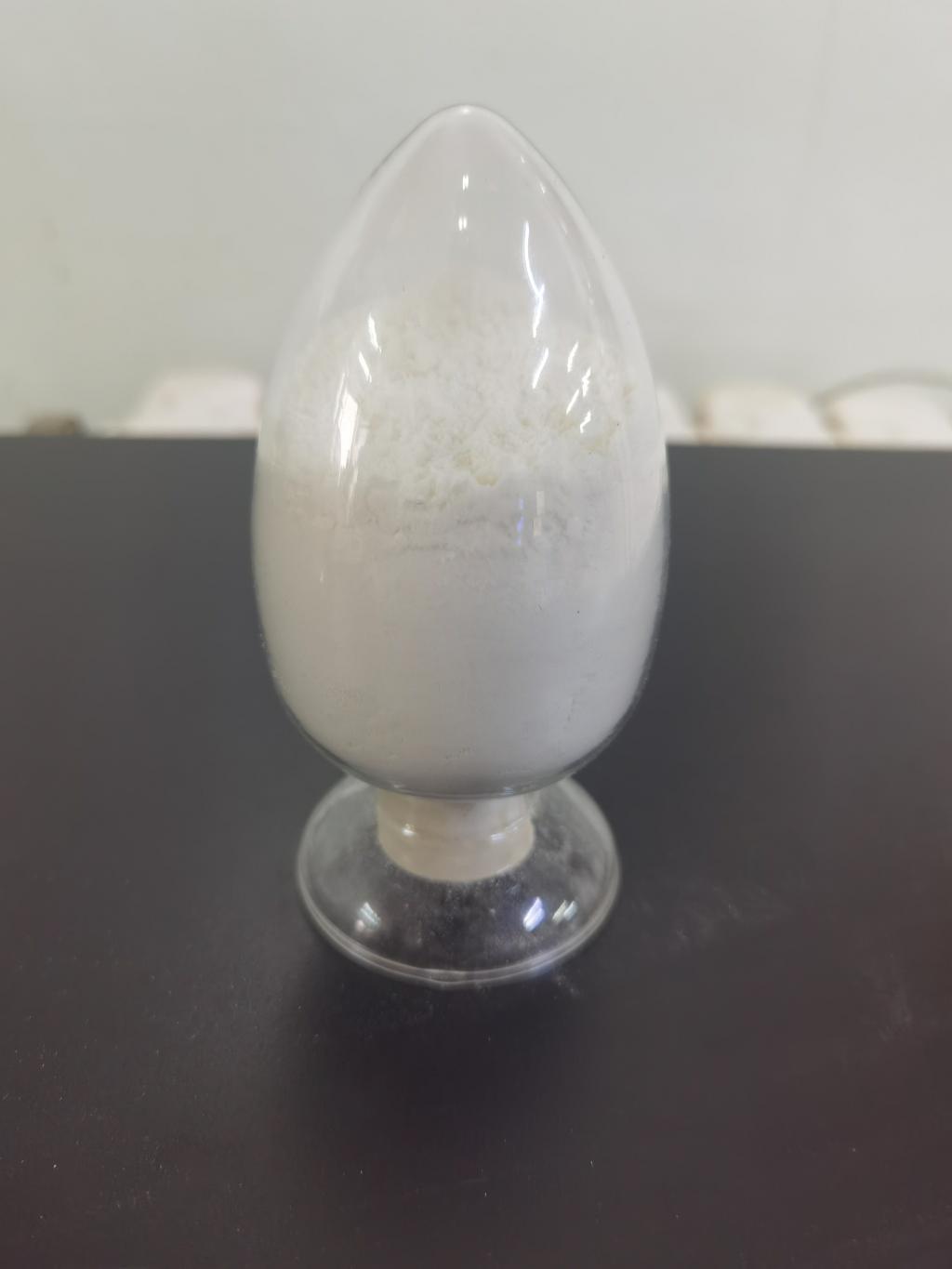Tel:+8618231198596

News
 CONTACT
CONTACT
 CONTACT
CONTACT
- Linkman:Linda Yao
- Tel: +8618231198596
- Email:linda.yao@dcpharma.cn
- Linkman:CHARLES.WANG
- Department:Overseas
- Tel: 0086 0311-85537378 0086 0311-85539701
News
Sustainable Practices in Brewing: The Role of ε-Polylysine Hydrochloride in Beer Quality
TIME:2024-03-04
I. The Sustainable Brewing Landscape:
Sustainability has become a focal point for breweries worldwide, with a heightened emphasis on responsible sourcing, energy efficiency, and waste reduction. Brewers are increasingly adopting eco-friendly practices to minimize their environmental impact, and consumers are showing a preference for products that align with their values. Sustainable brewing not only addresses environmental concerns but also contributes to the overall quality and integrity of the final product.
II. ε-Polylysine Hydrochloride: An Overview
Natural Antimicrobial Properties:
ε-Polylysine hydrochloride is a naturally occurring antimicrobial agent derived from the fermentation of Streptomyces albulus. Its potent antimicrobial properties make it effective against a broad spectrum of bacteria, molds, and yeasts, making it a valuable tool in brewing.
Safe for Consumption:
Recognized as safe for consumption by regulatory authorities, ε-Polylysine hydrochloride has found applications in various food and beverage industries. Its natural origin and safety profile make it an attractive choice for brewers seeking sustainable and health-conscious alternatives.
Biodegradable and Environmentally Friendly:
ε-Polylysine hydrochloride is biodegradable, minimizing its environmental footprint. Its production involves fermentation processes that are inherently sustainable, aligning with the principles of eco-friendly brewing practices.
III. Brewing Applications of ε-Polylysine Hydrochloride:
Contamination Prevention:
The antimicrobial properties of ε-Polylysine hydrochloride play a pivotal role in preventing contamination during the brewing process. By inhibiting the growth of undesirable microorganisms, brewers can maintain the purity and quality of their beer without relying heavily on synthetic additives.
Extended Shelf Life:
Incorporating ε-Polylysine hydrochloride in brewing processes contributes to extending the shelf life of beer. This is particularly beneficial for breweries seeking to minimize waste and ensure that their products reach consumers in optimal condition.
Reduced Chemical Additives:
Brewers can reduce the reliance on chemical preservatives and additives by integrating ε-Polylysine hydrochloride into their brewing practices. This aligns with the demand for cleaner labels and supports the production of more natural and authentic beer.
IV. Impact on Beer Quality:
Maintaining Flavor Profiles:
One of the critical aspects of brewing is preserving the unique flavor profiles of different beer styles. ε-Polylysine hydrochloride's targeted antimicrobial action allows brewers to maintain the desired flavors without compromising on quality.
Consistent Quality Assurance:
The controlled antimicrobial properties of ε-Polylysine hydrochloride contribute to consistent quality assurance in beer production. Brewers can have greater confidence in the stability and reliability of their products, ensuring customer satisfaction.
Minimizing Oxidation:
Oxidation is a common issue in beer, leading to undesirable flavors and aromas. ε-Polylysine hydrochloride's antioxidative properties contribute to minimizing oxidation, preserving the freshness and quality of the beer throughout its shelf life.
V. Case Studies: Success Stories in Sustainable Brewing
Exploring case studies from breweries that have successfully incorporated ε-Polylysine hydrochloride into their brewing processes provides tangible evidence of its impact. Success stories across different scales and beer styles showcase the versatility and effectiveness of this natural antimicrobial agent in promoting sustainable brewing practices.
VI. Regulatory Considerations and Consumer Perception:
Regulatory Approval:
ε-Polylysine hydrochloride has received regulatory approval as a safe food additive, including its use in brewing. Brewers should adhere to local regulations and guidelines to ensure compliance and consumer safety.
Consumer Perception:
Transparent communication about the use of ε-Polylysine hydrochloride in brewing is crucial for building consumer trust. Educating consumers about its natural origin, safety, and positive impact on beer quality can enhance acceptance and appreciation.
VII. Future Prospects and Research:
Ongoing research and development are essential for exploring new applications of ε-Polylysine hydrochloride in brewing and optimizing its effectiveness. Collaborative efforts between brewers, researchers, and industry stakeholders can contribute to uncovering innovative ways to enhance beer quality and sustainability.
VIII. Conclusion:
In conclusion, ε-Polylysine hydrochloride plays a significant role in advancing sustainable practices in brewing while enhancing the overall quality of beer. Its natural origin, antimicrobial properties, and environmentally friendly profile make it a valuable asset for brewers seeking to align their practices with the principles of sustainability. As the brewing industry continues to evolve towards more responsible and eco-conscious production, the integration of ε-Polylysine hydrochloride represents a progressive step forward in the pursuit of high-quality, sustainable, and flavorful beer.
- Tel:+8618231198596
- Whatsapp:18231198596
- Chat With Skype







